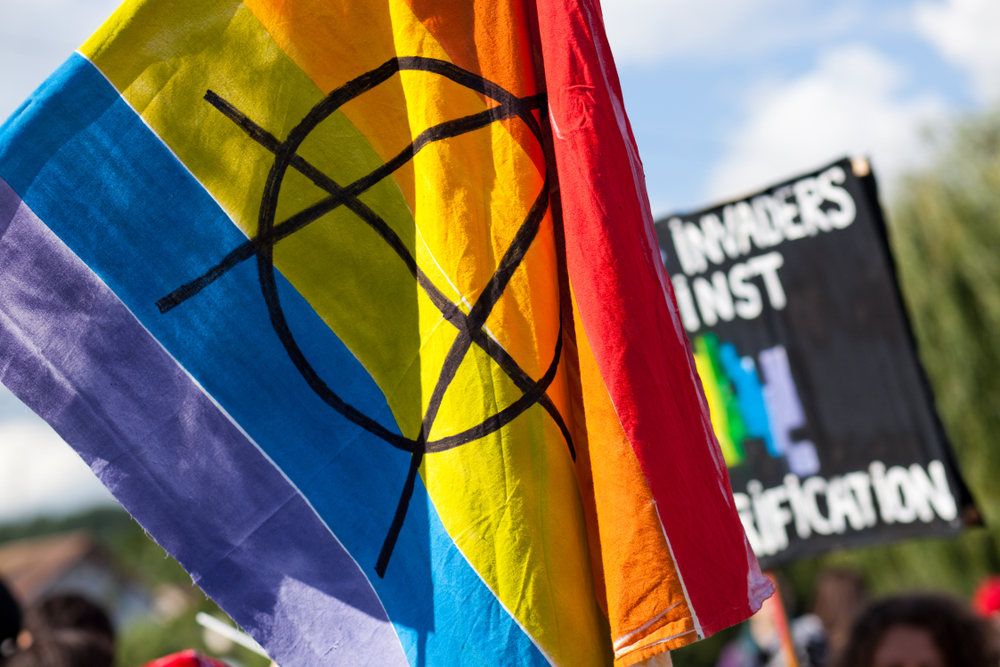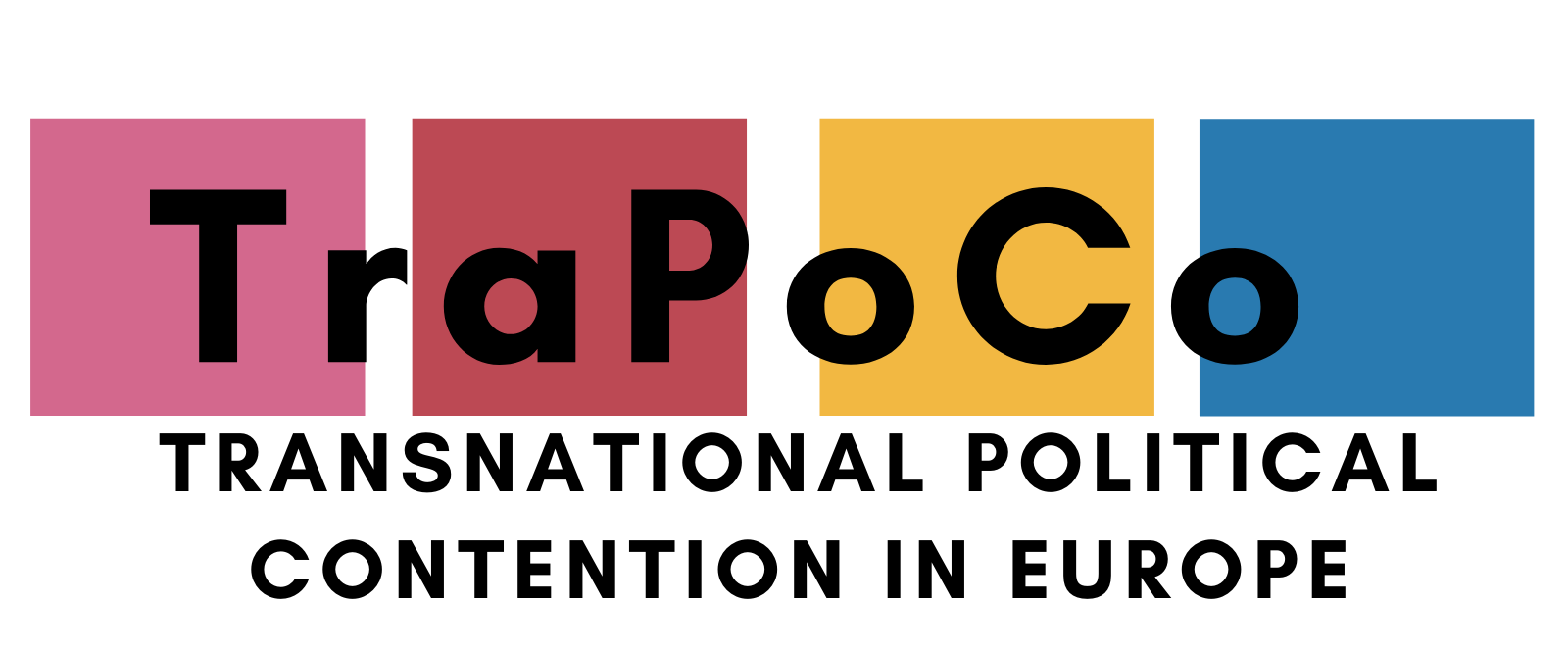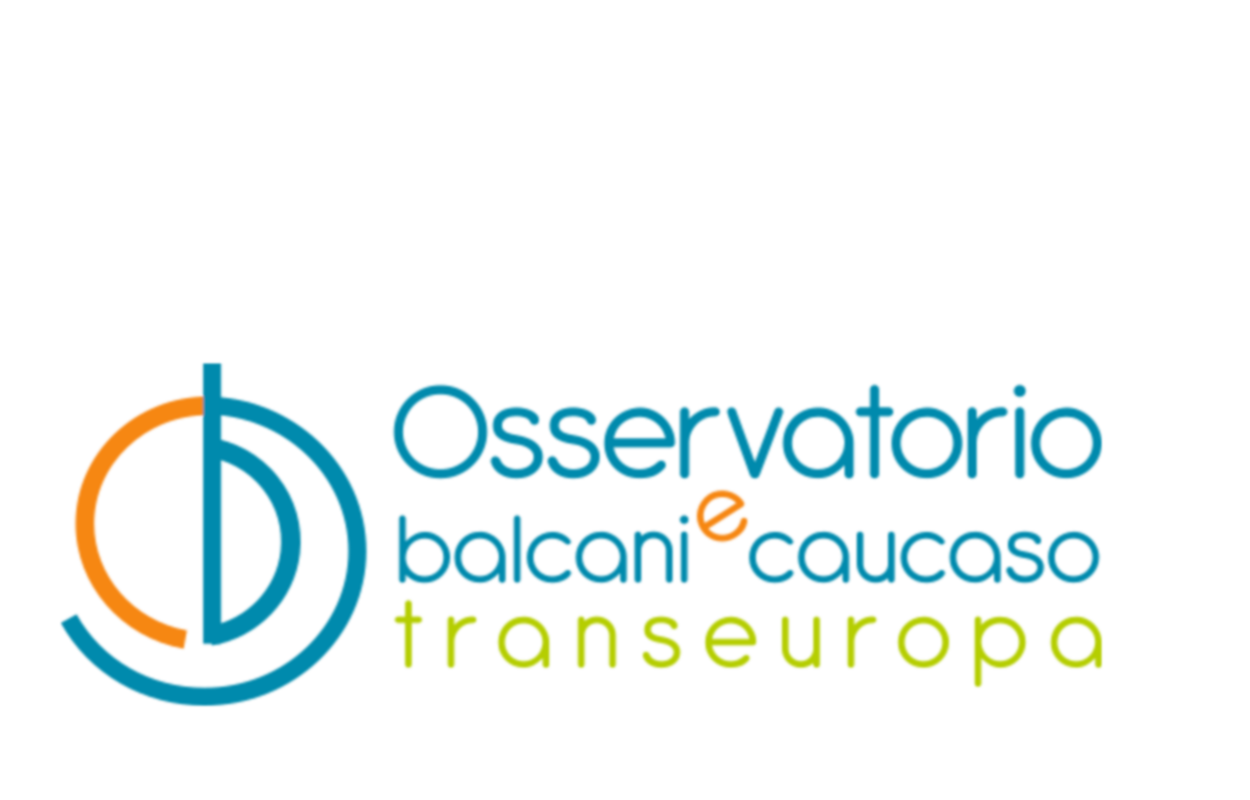
Cluj - Napoca, Romania. During Pride in 2018 © Melinda Nagy/Shutterstock
Following a complaint by 21 couples, the European Court of Human Rights is asking Romania to legally recognise same-sex families. For civil society this is a historic sentence
Romania is the European country where human rights are least respected. In fact, Bucharest occupies one of the first places in the ranking of states condemned by the European Court of Human Rights (ECHR), an international judicial body based in Strasbourg, to which 46 members of the Council of Europe adhere.
The ECtHR receives and investigates complaints of human rights violations by citizens of member states of the Council of Europe. Turkey, the Russian Federation (excluded from the Council of Europe in September 2022), and Ukraine lead the ranking, followed by Romania.
Since the beginning of this year, the ECtHR has recorded some 75,000 reports, almost half of which from Turkey and Russia. Ukraine was in third place, with more than 10,000 reports, followed by Romania with over 6,400 complaints, more than Italy and Poland combined.
According to 2022 statistics , Romania was convicted 72 times, one case fewer than Turkey, a country with four times the population of Romania.
Most of Romania's sentences involved cases of degrading or inhumane treatment in Romanian prisons, but not only.
The judgment of the ECHR
In May, following complaints made by 21 same-sex couples, the ECHR condemned Romania for violating their rights.
Until 2001 in Romania being homosexual meant having a high chance of ending up in prison. Homosexuality was a crime. "Article 200 of the then Communist Penal Code punished same-sex relationships with imprisonment from one to five years", recalls Florin Buhuceanu.
Buhuceanu is one of the initiators of the complaint to the ECHR. Human rights activist and founder of the Museum of Queer History and Culture in Romania, Florin Buhuceanu is also the president of the Romanian association "Accept", promoter of initiatives concerning the rights of the LGBT+ community.
Following the complaint by the 21 couples, the ECHR calls on Romania to legally recognise same-sex families and notes that the Romanian state has violated article 8 of the Convention which protects the right to private and family life.
The ruling in the Buhuceanu and others v. Romania case comes four years after the 21 same-sex couples sued the Romanian state for lack of recognition and legal protection for their families.
For Florin Buhuceanu and his partner Victor Ciobotaru, the Court's ruling is historic, because it is a decision that obliges Romania to recognise and protect same-sex families.
Meanwhile, the Accept association has launched a petition asking the authorities to protect all families and recognise them from a legal point of view.
Iustina Ionescu, a lawyer who has represented couples before the ECHR, says: "In the most difficult moments, people lack the protection of the state and they realise what they are losing because the state does not recognise them. We especially talk about situations in which one of the partners is in hospital, ill, and for example has surgery. Only the spouse or a first-degree relative can enter intensive care. These families, according to the law, do not belong to any category at this time".
And this is precisely what Florin, Victor, and others are asking for: “The time has come to be legally protected and socially recognised as families, in fact we want the consolidation of the institution of the family. It is everyone's right, however, to decide which family they want: marriage, civil partnership, unregistered union”, specifies Buhuceanu.
The sentence issued by the first Chamber of the ECHR on May 23, however, is not definitive. The government has three months to appeal and if it is rejected, the Romanian state will be forced to adopt legislation to recognise same-sex couples, otherwise risking sanctions from the Council of Europe.
On the other hand, the Romanian Patriarchate disapproves of the idea of civil union and its institution, "in line with the other Orthodox Churches", arguing that the civil union "is not only a useless overlap with the valid institution of marriage, but also a real weakening of the assumption of responsibility that is an integral part of the two spouses, as well as a toxic source (proven in other societies) of the collapse of the importance and morally formative authority of the family”, says spokesman Vasile Bănescu.
The role of civil society
The MozaiQ Association specifies that there are currently some bills filed in Parliament concerning the legalisation of civil partnership.
Three legislative proposals to amend civil unions to include same-sex couples, presented between 2016 and 2019, have not yet been approved by the relevant parliamentary committees.
The MozaiQ Association supports the legislative project by over 40 MPs in the last term. The bill is the result of lengthy negotiations between the main political parties, the National Council Against Discrimination, and representatives of civil society.
However, the voice of civil society is hardly heard in Romania.
Also for the modification of the laws, the NGOs have tried to intervene on the political decision, proposing amendments and offering opinions. To be considered, some NGOs resort to open letters.
We recall that in 2018 a referendum to amend the Romanian constitution and prevent same-sex couples from obtaining the right to marry failed: 80% of those entitled did not vote.
A study published by Accept in 2021 found that 71% of Romanians declared that legal recognition of civil marriage for same-sex couples would have no impact on their lives, while only 43% were fully in favour: percentages in stark growth compared to other surveys in 2016.
The European Commission's support for the production of this publication does not constitute an endorsement of the contents, which reflect the views only of the authors, and the Commission cannot be held responsible for any use which may be made of the information contained therein. The project's page Trapoco
blog comments powered by









